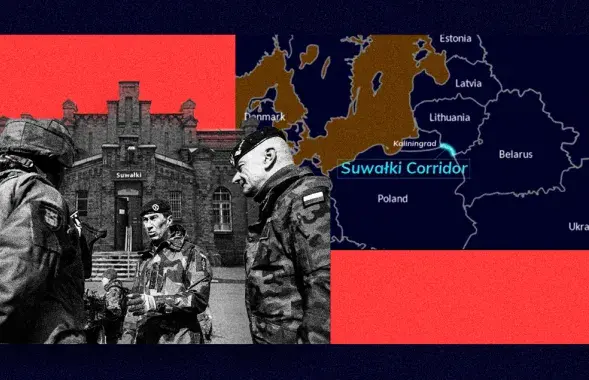Geopolitical window of opportunities
The European Radio for Belarus has asked political commentator Roman Yakovlevsky and EHU professor Dzianis Melnyatsou which countries in Europe are for closer ties with Belarus and which countries are sticking to a hard-line position. Where is the chance?
Roman Yakovlevsky: First of all, Lithuania and Poland. They are now pushing for Europe’s new policy in the East and supporting the dialogue. Secondly, Austria and Germany have serious business interests here (e.g. Raiffeisen Bank). People say that Great Britain has softened its approach, too. But I would treat such statements carefully, because Great Britain is traditionally tough towards such regimes. Will there be a dialogue with Belarus after the elections? I think that Lukashenka will answer this question soon.
Dzianis Melniatsou: The countries of the old Europe – Germany, France, Great Britain, and Italy – earlier would insist on sanctions, pushing for democratization. Different from the old Europe, East European nations and the neighbors of Belarus in the first place had more information about Belarus and greater economic interests here. Lithuania, Latvia and Poland ship a huge part of the Belarusian cargo transit. These countries tried to raise the number of contacts at all levels and were consistent in opposing the economic and political sanctions and pushing for cheaper Schengen visas for Belarusians. Currently, one can observe a common policy of the old and new Europe towards Belarus. There is a clear intent to improve relations with the current regime but on certain conditions.
Dzinis Melniatsou thinks that if EU does not recognize the results of elections, Alexander Lukashenka will stop any contacts with the West and turn to Moscow.
“Diplomatic relations with the European Union might be severed. We have a European Commission’s office in Minsk. Lukashenka hinted that he could do the same with it as he did with the US embassy. If the West does not recognize elections, official Minsk will turn its policy towards Moscow. There are clear benefits and known, though dangerous, game rules. In that case, Belarus will have closer political ties with Russia with all the known circumstances. Therefore, we have a geopolitical window of opportunities when we can enter Europe’s geopolitical field easier.
Photo: NTV



















